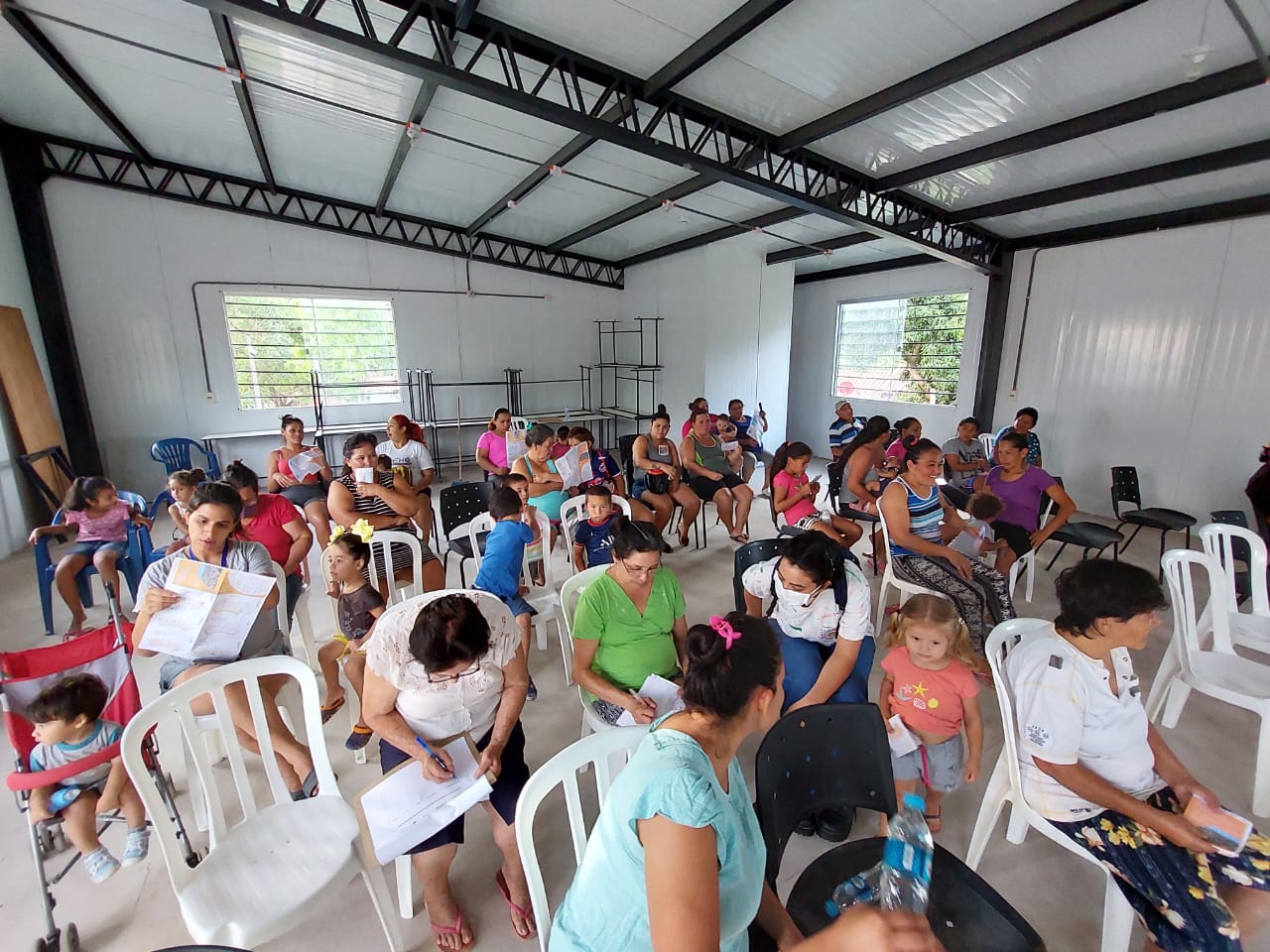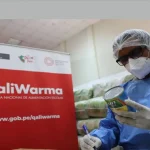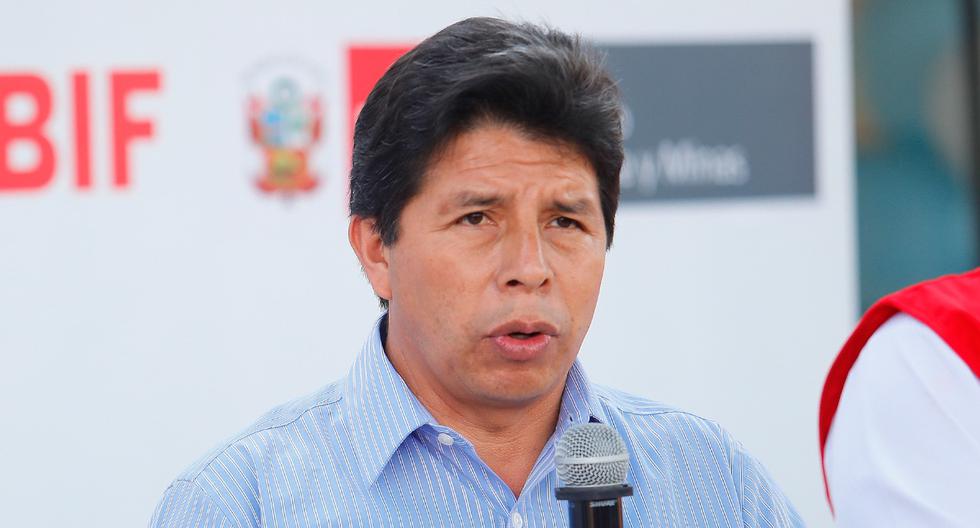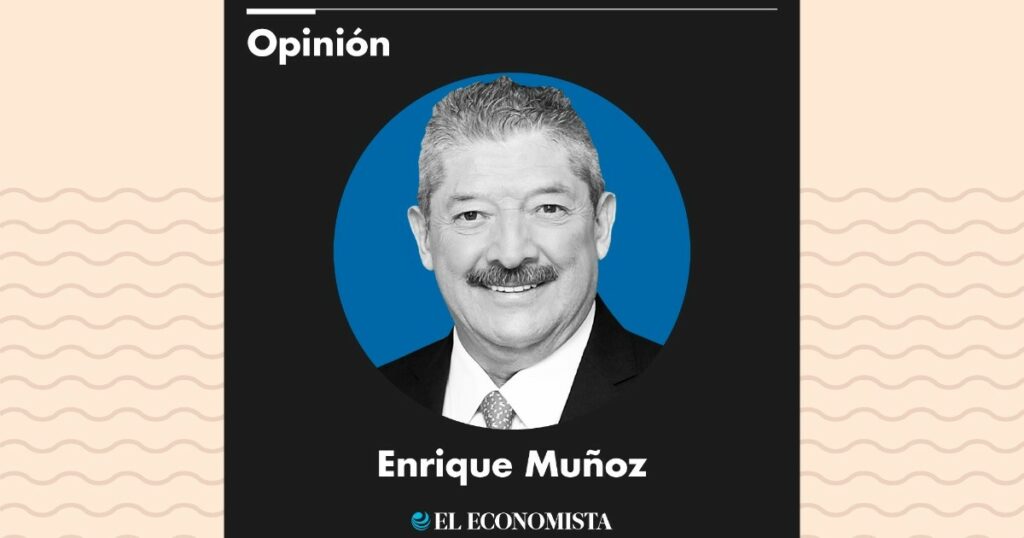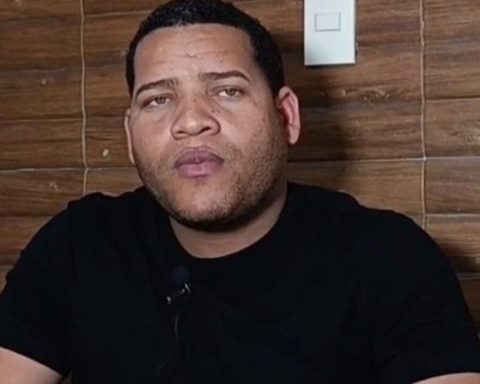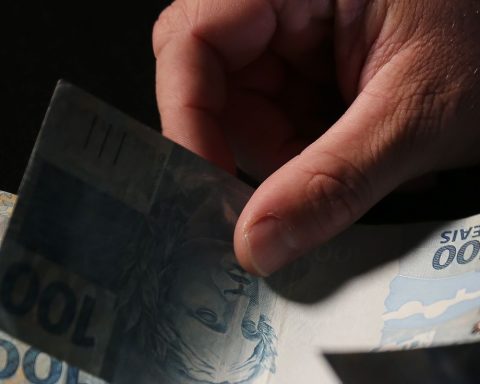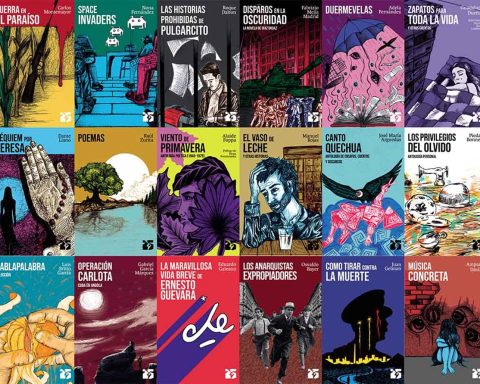Residents of Bañado Tacumbú participated in a series of socialization workshops on the urban design proposal for the future New Barrio Bañado Tacumbú, of the Bañado Sur Housing and Rehabilitation Program.
This, with the objective that the residents of the area can be informed and present their observations and needs regarding the urban design project of the new neighborhood, whose works will be executed by the Ministry of Public Works and Communications (MOPC), through a loan from the Inter-American Development Bank (IDB).
These socialization spaces were promoted by the APUF/CAMSAT organization, which was in charge of presenting the master plan proposal to the community, accompanied by technicians from the MOPC housing program.
Up to now, 17 workshops have been held in which the proposed territorial distribution of future homes, the layout of streets and avenues, possible urban facilities, as well as the services and green spaces that it will have, were explained using an urban map. the new neighborhood.
In addition, it is planned to carry out others with the aim of informing, explaining and validating the proposal with all the inhabitants of the current neighborhood. The map contemplates all the streets, sidewalks and promenades, the green and recreational spaces and the construction zones of public, community and housing buildings.
The development of the Master Plan or urban design of what will be the New Tacumbú Neighborhood is in charge of the consulting firm Ingeniería y Asistencia Técnica Argentina (IATASA).
About the Housing Program
The Bañado Sur-Barrio Tacumbú Rehabilitation and Housing Program, executed by the MOPC with a USD 100 million loan, is made up of three components and the first will finance the construction of 1,500 homes for the population at risk of flooding, providing them with services basic public spaces, generation of public spaces with quality urban facilities and the setting up of community spaces such as nurseries and schools.
In addition, it is highlighted that for all the infrastructure, sustainable and resilient construction criteria will be taken into account, to reduce the risk of flooding and increase the capacity to adapt to the effects of climate change.
Regarding the green infrastructure and resilience component, the project provides for financing the environmental sanitation and recovery of the Yrupé Lagoon, existing lagoons and wetlands, through the creation of biological corridors with native species that will provide protection to the natural buffer zone. Likewise, the creation of public spaces and the planting of trees, as a measure of adaptation to climate change, to reduce the pressure on the gray drainage infrastructure during extreme events and reduce the heat island effect in the Tacumbú neighborhood.
In addition, the design of sustainable waste collection systems that includes recycling is planned, in turn reducing the risks of flooding due to clogging of bodies of water.
The third component finances initiatives to generate the conditions for social sustainability and adaptive capacity of families, with local development actions such as job training and business development with a gender focus, which are adapted to the specific needs of people with low income or without job occupation in order to improve their socioeconomic situation.
